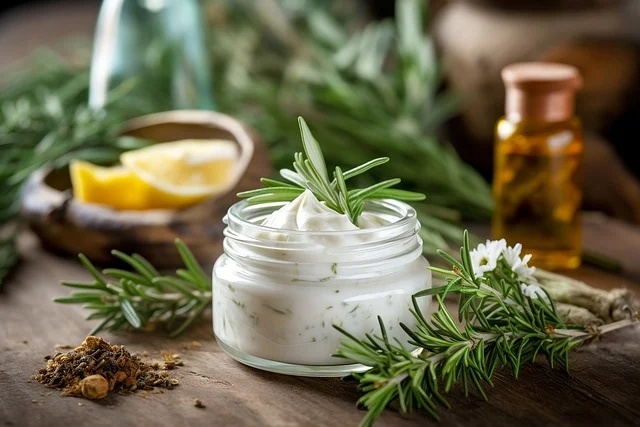Boost Your Collagen Naturally with Peptides
Collagen, a protein that forms the structural foundation of our skin, bones, and connective tissues, plays a pivotal role in maintaining the body’s overall health and appearance. As we age, collagen production naturally declines, leading to wrinkles, sagging skin, and joint discomfort. Fortunately, Role of peptides in healing offer a promising solution to enhance collagen levels naturally. This article explores how peptides can boost collagen production, supported by scientific research and practical examples.
Understanding Collagen and Its Importance
Collagen is the most abundant protein in the human body, accounting for about 30% of its total protein content. It provides strength and elasticity to the skin, supports joint health, and aids in wound healing. With age, collagen production decreases, leading to visible signs of aging and potential joint issues. Maintaining collagen levels is crucial for preserving youthful skin and overall well-being.
What Are Peptides?
Peptides are short chains of amino acids, the building blocks of proteins. They play a significant role in various biological processes, including signaling cells to produce more collagen. Peptides can be derived from natural sources or synthesized in laboratories, and they are commonly used in skincare products and supplements to promote collagen synthesis.
How Peptides Boost Collagen Production
Peptides work by stimulating fibroblasts, the cells responsible for producing collagen in the skin. When applied topically or ingested, peptides send signals to these cells, encouraging them to increase collagen production. This process helps to improve skin elasticity, reduce wrinkles, and enhance overall skin texture.
Types of Peptides for Collagen Enhancement
- Signal Peptides: These peptides send messages to cells to produce more collagen, elastin, and other proteins that support skin structure.
- Carrier Peptides: They deliver trace elements like copper to the skin, which are essential for collagen production and wound healing.
- Enzyme Inhibitor Peptides: These peptides prevent the breakdown of collagen by inhibiting enzymes that degrade it.
Scientific Evidence Supporting Peptides
Numerous studies have demonstrated the effectiveness of peptides in boosting collagen production. A study published in the Journal of Cosmetic Dermatology found that participants who used a peptide-rich cream experienced a significant reduction in wrinkle depth and skin roughness after eight weeks. Another study in the International Journal of Molecular Sciences highlighted the role of peptides in enhancing skin elasticity and hydration.
Natural Sources of Peptides
Peptides can be found in various natural sources, making it easy to incorporate them into your diet and skincare routine. Some of these sources include:
- Bone Broth: Rich in collagen and amino acids, bone broth is an excellent source of peptides that support skin and joint health.
- Eggs: Egg whites contain peptides that promote collagen synthesis and improve skin elasticity.
- Fish: Marine collagen peptides derived from fish are highly bioavailable and effective in boosting collagen levels.
- Beans: Legumes like beans are packed with proteins and peptides that aid in collagen production.
Incorporating Peptides into Your Routine
To maximize the benefits of peptides, consider incorporating them into your daily routine through both diet and skincare. Here are some practical tips:
- Dietary Supplements: Collagen peptide supplements are available in powder or capsule form and can be easily added to your diet.
- Topical Products: Look for skincare products containing peptides, such as serums and creams, to apply directly to the skin.
- Balanced Diet: Consume a diet rich in protein, vitamins, and minerals to support natural collagen production.
Case Studies and Real-Life Examples
Several individuals have reported positive results after incorporating peptides into their skincare and dietary routines. For instance, a 45-year-old woman noticed a significant improvement in her skin’s texture and firmness after using a peptide-infused serum for three months. Similarly, a 50-year-old man experienced reduced joint pain and increased mobility after regularly consuming collagen peptide supplements.
Potential Side Effects and Considerations
While peptides are generally safe for most people, some individuals may experience mild side effects such as skin irritation or digestive discomfort. It’s advisable to start with a small amount and monitor your body’s response. Consulting with a healthcare professional before starting any new supplement or skincare regimen is always a prudent approach.
Conclusion
Peptides offer a natural and effective way to boost collagen production, supporting healthier skin and joints. By understanding the different types of peptides and incorporating them into your daily routine through diet and skincare, you can enhance your body’s collagen levels and enjoy the benefits of youthful, radiant skin. With scientific evidence backing their efficacy, peptides are a valuable addition to any anti-aging regimen.
